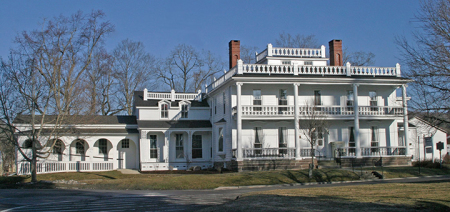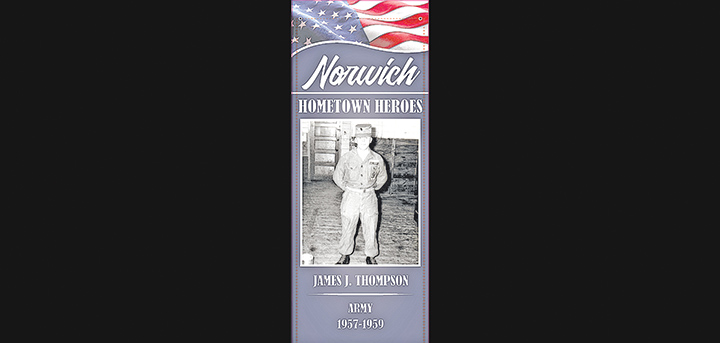Is Trump In The Wrong Country?
Published:
June 16th, 2016
By:
Steven and Cokie Roberts
The evidence continues to mount: Donald Trump does not understand or respect the political system he seeks to lead.
The only other explanation is that he understands the system very well, and is trying to undermine its basic foundations in order to clear his path to the White House.
His latest outrage: revoking the credentials of The Washington Post and hindering that paper's ability to cover his campaign. Their sin: doing their job -- scrutinizing his promises, holding him accountable. Post editor Martin Baron was correct in saying that Trump's decision "is nothing less than a repudiation of the role of a free and independent press."
This is not an isolated incident; it reflects a larger pattern of abuse and attack. Trump has pulled the credentials of other outlets he doesn't like -- Politico, BuzzFeed, Univision -- and assailed individual journalists like Fox's Megyn Kelly who dare to question his fitness to be president.
He's threatened to "open up" libel laws, which are deliberately designed to protect media independence against the thick wallets and thin skins of bullies like Trump. And he seldom misses a chance to demean the journalists assigned to his campaign.
"I think the political press is among the most dishonest people I've ever met," he told a recent press conference. When reporters asked if he would continue his anti-press tirades he answered, "Yeah, it is going to be like this. You think I'm going to change? I'm not going to change."
Well, the media is not going to change, either. If anything, the scrutiny of Trump's record and character will get even stricter between now and November. That's the American way. That's what voters deserve.
As Thomas Burr, the president of the National Press Club, put it, "Any American political candidate who attacks the press for doing its job is campaigning in the wrong country."
But ignorance is not the only explanation for Trump's actions. He probably knows exactly what he's doing.
Since his followers despise Washington, trashing the Washington Post feeds their resentment. "Many people like it," Trump told The New York Times. "They say, 'They're being punished for being dishonest.'"
He's trying to intimidate some journalists into softening their coverage. And by discrediting his critics, he hopes to mitigate the impact of the negative stories that are sure to come.
Ironically, Trump launched his broadside just as a new study from Harvard's Shorenstein Center documented how eight mainstream news organizations, including the Post, aided the rise of his campaign because they "are attracted to the new, the unusual, the sensational -- the type of story material that will catch and hold an audience's attention."
"Trump is arguably the first bona fide media-created presidential nominee," writes professor Thomas E. Patterson, the report's author.
That might well be true, but the general election is a very different context. Many reporters originally treated Trump as a novelty, a celebrity -- not a serious candidate. They went easy on him, in direct contrast to Hillary Clinton, who received far tougher coverage before the primaries than Trump did, according to the Harvard study.
That was then, this is now, and the Post's recent treatment of Trump reflects the shift of the media into a far more aggressive stance. One story that sparked the candidate's ire was a dogged investigation of his promise to raise and donate $6 million for veterans' organizations.
The Post found that his efforts fell far short, and Trump only fulfilled his promise after reporters started asking questions. That's exactly what the media has always done.
Trump presents professional journalists with a new and vexing problem, however. They've always prided themselves on being impartial, neutral, even-handed. But now they're faced with a candidate who constantly spreads innuendos and fabrications, and employs social media to inject those untruths directly into the political bloodstream.
So journalists are asking: Do we have to be more tough-minded in holding him accountable for his words and actions? Do we have to help voters understand, in more detail and with more precision, exactly what he's doing and saying?
As a result, the Post report on Trump's speech after the Orlando shooting was distinctly sharp-edged. His words were "laden with falsehoods and exaggerations," wrote the paper, and "contained a number of inaccuracies and overstatements."
Clearly the Post has not been intimidated by Trump's attacks, and other media outlets should not be, either. Their independence and courage is more vital than ever. If Trump doesn't get that, he truly is campaigning in the wrong country.
Comments











